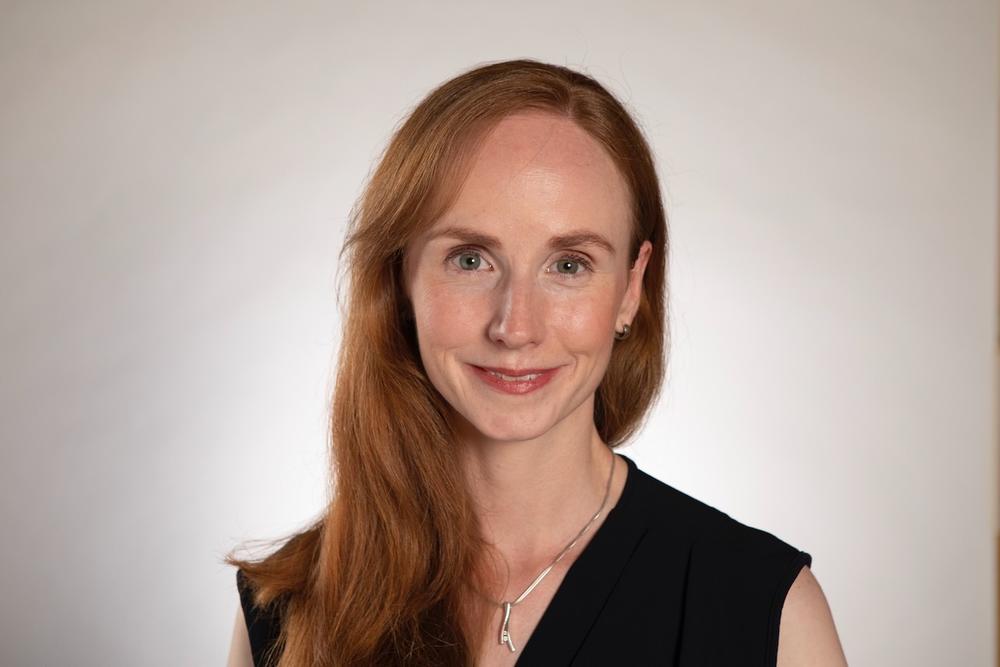The Challenges of Area Studies: Latin America, a Case Study
Karina Kriegesmann, Researcher at the Institute for Latin American Studies, Freie Universität Berlin
Apr 04, 2025
The current debates on defending academic freedom and how to work together responsibly on an international level are not new. They draw upon a complex history, especially at Freie Universität Berlin, where independent teaching and research have defined the university’s sense of duty to uphold a free exchange of ideas among academics since its founding in 1948. The central role of Area Studies – a field of research that is as necessary as it is contested – comes to the fore in these debates, as it has again and again in the past.
The significance of Area Studies can be seen clearly in the example of Latin American Studies, in the middle of the second half of the twentieth century. Close academic and personal connections between researchers from Latin America and West Berlin contributed to the institutionalization of the field in the 1960s, which was reinforced by partnerships supported by political actors. To be sure, these connections were often shaped by people’s experiences of living in exile. At the same time students had a growing interest in the countries of the so-called “Third World.” They were also becoming more engaged in activism. They participated in intensive debates and explored radical approaches. They also called into question accepted modes of thinking. These dynamic developments led to heated controversies at Freie Universität Berlin, in which the limits of what was up for debate had to be negotiated and discussed again and again. They questioned when and where resistance and protest was called for, and what was speakable and what was unspeakable in specific situations. It was a balancing act between seeking, defending, and tempering a path of responsible and conscientious action in troubled times. This balancing act was all the more challenging given the different players involved, from different university groups, to politicians, to international partners and media outlets.
Moreover, it was also a time of dictatorships, violence, and social injustice in countries like Argentina, Brazil, and Chile, which drew the attention of the general public and academics alike. Interest in Latin America was clearly growing in the 1970s and 1980s. The University Archive contains a collection of sources that document the different forms of critical self-reflection in play within this politically and socially charged discursive space, both in West Berlin and on a global level. The historical documents show how people were scrutinizing their values and attitudes during this time.
Within the context of teaching, there are examples of conflicts that arose because of specific wording used in the university’s course catalog: One group supported the use of adjectives in a description of the unions in Argentina and their bureaucracy that were, according to this group, neutral and justified. Others thought the adjectives conveyed a skewed, ideological point of view.
Another central question was whether (and how) the university leadership and its committees should respond publicly to the situation in South America, given that they had no political mandate to do so technically speaking. The military coup in Chile in 1973 brought this human rights issue to a head. Many university members showed their solidarity with refugee students and researchers.
International cooperation was – and is – a challenge when it comes to practical measures. In retrospect, the researchers admitted in a summary report of one project that they did not do enough to support their colleagues in Chile who were in danger at the time. Members of another project group had good reason to believe that they had not been able to conduct their research in Brazil without restrictions due to the fact that their research interests had been classified as suspicious from a security policy perspective. These experiences have contributed to making one thing very clear: Academic freedom is a precious thing – and should never be taken for granted.
Further Information
Academic Freedom under Pressure – Latin American Studies in West Berlin during the Cold War (from the 1960s to the 1980s)

